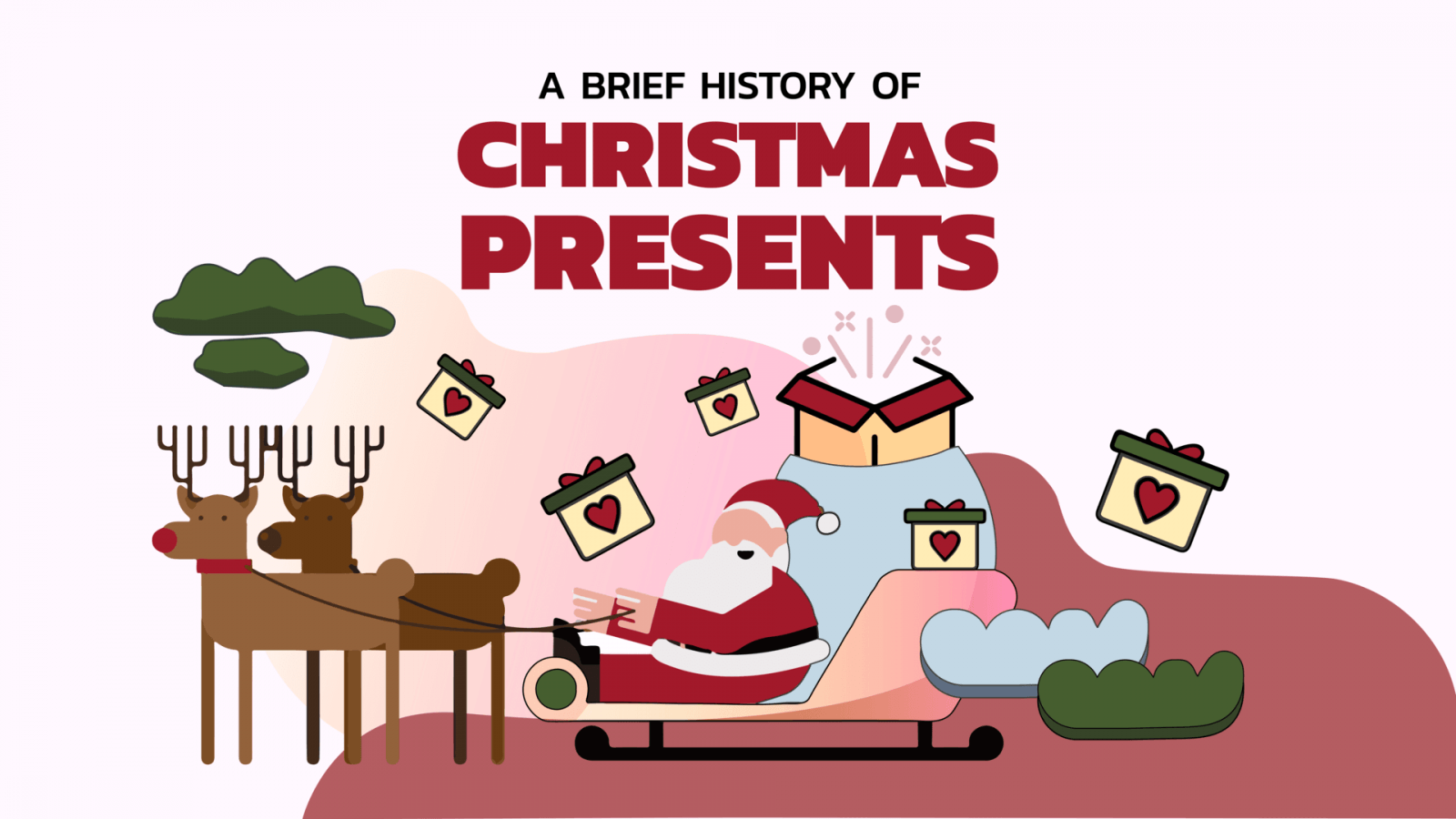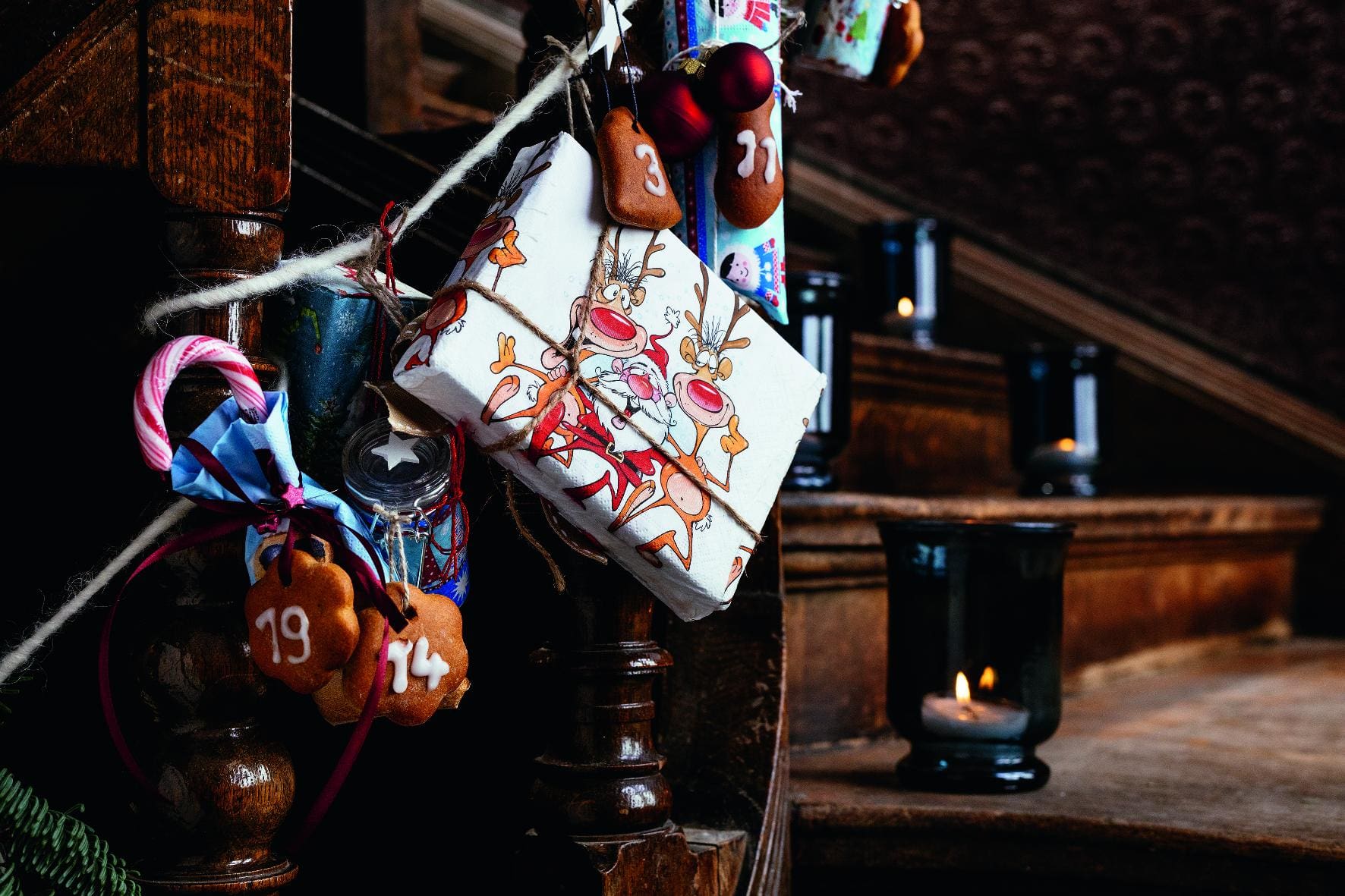The Enduring Appeal of Christmas Presents: A Historical and Cultural Exploration
Related Articles: The Enduring Appeal of Christmas Presents: A Historical and Cultural Exploration
Introduction
With enthusiasm, let’s navigate through the intriguing topic related to The Enduring Appeal of Christmas Presents: A Historical and Cultural Exploration. Let’s weave interesting information and offer fresh perspectives to the readers.
Table of Content
The Enduring Appeal of Christmas Presents: A Historical and Cultural Exploration

The holiday season is synonymous with gift-giving, and Christmas, in particular, is celebrated globally with an exchange of presents. This tradition, deeply ingrained in our cultural fabric, transcends mere material exchange; it embodies a spirit of generosity, love, and celebration. Understanding the historical evolution and cultural significance of Christmas presents provides valuable insights into their enduring appeal and the profound impact they have on our lives.
A Historical Journey: From Pagan Rituals to Christian Tradition
The origins of gift-giving during the holiday season can be traced back to ancient pagan traditions. The Roman festival of Saturnalia, celebrated in December, involved gift-giving, feasting, and revelry. Similarly, the Germanic Yule festival, associated with the winter solstice, featured the exchange of gifts and the burning of a Yule log, symbolizing the return of light and warmth.
With the rise of Christianity, the celebration of Christmas gradually absorbed elements of these pagan festivities. The Christian tradition of gift-giving is often linked to the story of the three wise men who brought gifts of gold, frankincense, and myrrh to the newborn Jesus. While the Bible does not explicitly state that the exchange of gifts was customary at the time, it’s believed that this narrative influenced the development of Christmas gift-giving.
The Evolution of Christmas Presents: From Practicality to Sentimentality
Throughout history, the nature and significance of Christmas presents have evolved. In medieval Europe, gifts were often practical items like food, clothing, and tools. The wealthy exchanged lavish gifts, while the poor relied on simple tokens of affection. The rise of consumerism in the 19th century brought about a shift towards more elaborate and commercially produced gifts, transforming Christmas into a major shopping season.
The Victorian era witnessed a surge in sentimentalism, with gifts becoming increasingly personalized and symbolic of the giver’s affection. Family heirlooms, handcrafted items, and sentimental tokens gained popularity. This trend has continued to the present day, with personalized gifts and experiences often taking precedence over mass-produced items.
The Cultural Significance of Christmas Presents
Beyond their material value, Christmas presents hold immense cultural significance. They symbolize:
- Love and Affection: The act of giving a gift expresses care and affection for the recipient. It signifies that the giver has taken the time and effort to choose something special, demonstrating their love and appreciation.
- Social Connection: Gift-giving strengthens social bonds and fosters a sense of community. It creates shared experiences and memories that bind people together.
- Celebration and Joy: Christmas presents contribute to the festive atmosphere of the holiday season. They add excitement and anticipation, creating a sense of joy and celebration.
- Tradition and Continuity: The tradition of gift-giving during Christmas has been passed down through generations, creating a sense of continuity and connection to the past.
The Psychology of Gift-Giving
The act of giving and receiving gifts is deeply intertwined with our emotions and psychology. Research suggests that:
- Gift-giving can increase happiness: Studies show that giving gifts can boost our own happiness and well-being. This is likely due to the feeling of satisfaction that comes from making someone else happy.
- Gift-giving strengthens social bonds: The exchange of gifts reinforces social connections and strengthens relationships. It creates a sense of reciprocity and mutual obligation.
- Gift-giving can be a form of self-expression: Choosing a gift for someone can be a way to express our own values, interests, and personality.
The Challenges of Modern Gift-Giving
Despite its enduring appeal, modern gift-giving presents its own challenges:
- Consumerism and Commercialism: The relentless marketing and advertising associated with Christmas can create pressure to spend more than one can afford. This can lead to financial stress and a sense of obligation to buy expensive gifts.
- Gift-Giving Fatigue: The sheer volume of gift-giving during the holiday season can lead to exhaustion and a sense of routine. It can be difficult to find unique and meaningful gifts for everyone on our list.
- Environmental Impact: The production and consumption of gifts contribute to environmental problems, including waste, pollution, and deforestation.
FAQs: Addressing Common Questions about Christmas Presents
1. What are some good gift ideas for different age groups?
Gift ideas should be tailored to the recipient’s interests, hobbies, and age. For children, consider toys, games, books, and experiences. For teenagers, consider technology, clothing, gift cards, and experiences. For adults, consider personalized gifts, hobbies-related items, experiences, and charitable donations.
2. How can I avoid spending too much on Christmas presents?
Set a budget and stick to it. Consider making homemade gifts, giving experiences instead of material items, and prioritizing quality over quantity.
3. How can I make gift-giving more meaningful?
Consider the recipient’s interests and choose gifts that are personalized and thoughtful. Spend time crafting handmade gifts or planning special experiences.
4. What are some sustainable gift-giving practices?
Choose gifts made from recycled or sustainable materials. Support local businesses and artisans. Give experiences rather than material items.
5. How can I reduce the stress of Christmas gift-giving?
Start planning early and avoid last-minute shopping. Don’t feel pressured to buy expensive gifts. Prioritize spending time with loved ones over material possessions.
Tips for Choosing and Giving Meaningful Christmas Presents
- Consider the recipient’s interests: Choose gifts that align with their hobbies, passions, and personal style.
- Think about their needs: Consider practical gifts that will be useful and appreciated.
- Make it personal: Add a handwritten note or personalize the gift to make it more special.
- Experience over material goods: Consider gifting experiences, such as concert tickets, cooking classes, or weekend getaways.
- Give back to the community: Consider making a donation to a charity in the recipient’s name.
Conclusion: The Enduring Power of Gift-Giving
Christmas presents, despite the challenges of consumerism and environmental impact, remain a powerful symbol of love, generosity, and celebration. The act of giving a gift, thoughtfully chosen and given with genuine affection, creates lasting memories and strengthens relationships. By embracing the true spirit of Christmas, we can transform gift-giving into a meaningful and enriching experience for both the giver and the receiver.








Closure
Thus, we hope this article has provided valuable insights into The Enduring Appeal of Christmas Presents: A Historical and Cultural Exploration. We hope you find this article informative and beneficial. See you in our next article!